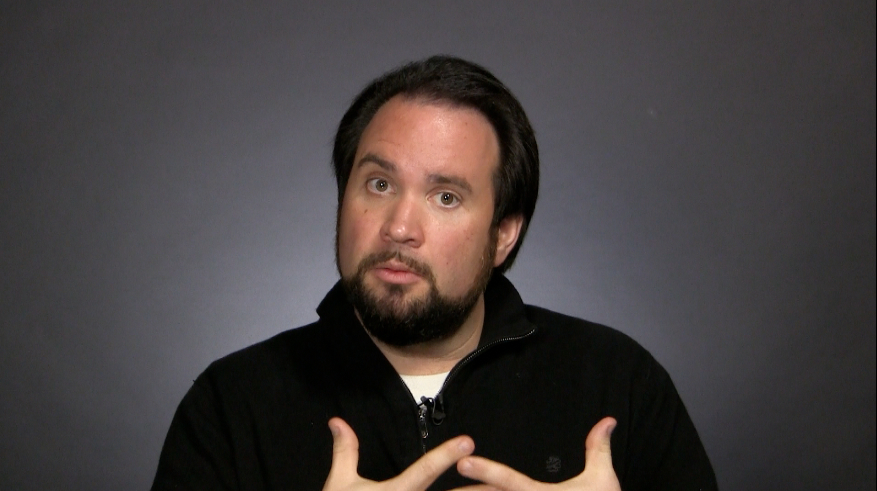
Podcasts
Discovery Institute Podcast


Talk More, Tech Less: Digital Wellness Tips From Dawn Wible
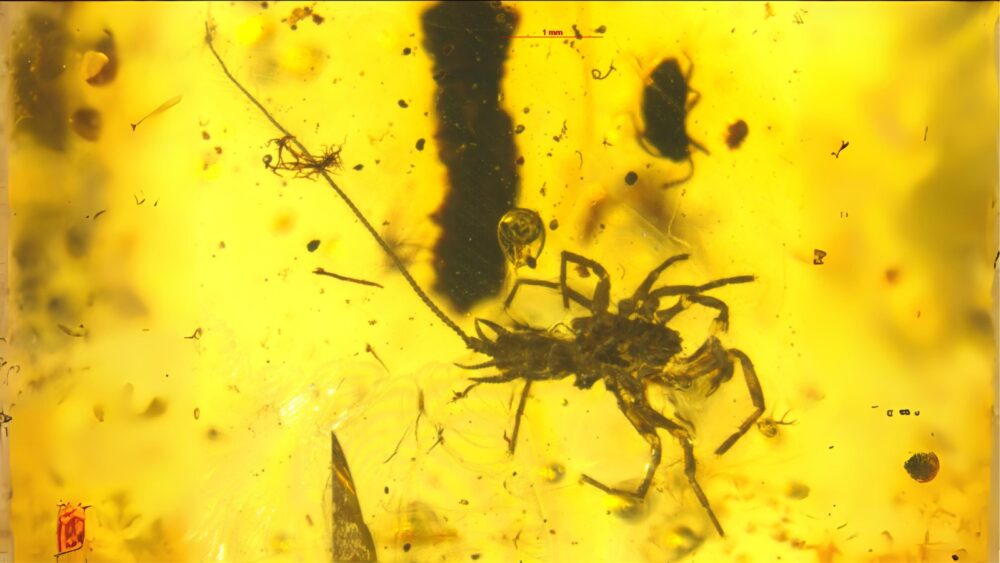
Unraveling the Mess of Arachnid Phylogeny
Mind Matters

Talk More, Tech Less: Digital Wellness Tips From Dawn Wible

The Non-Physical Nature of Being: More with Dr. Selmer Bringsjord

Exploring the Immaterial: A Conversation with Dr. Selmer Bringsjord
ID the Future

How Finely Tuned Is Our Universe?
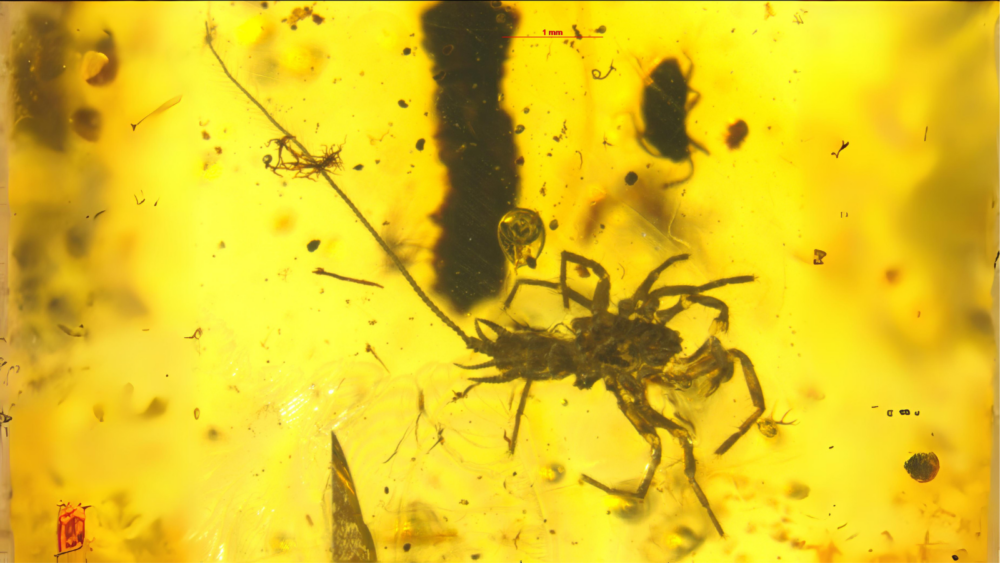
Unraveling the Mess of Arachnid Phylogeny

Top Ten Cheats in “Monumental” Origin of Life Research
Humanize
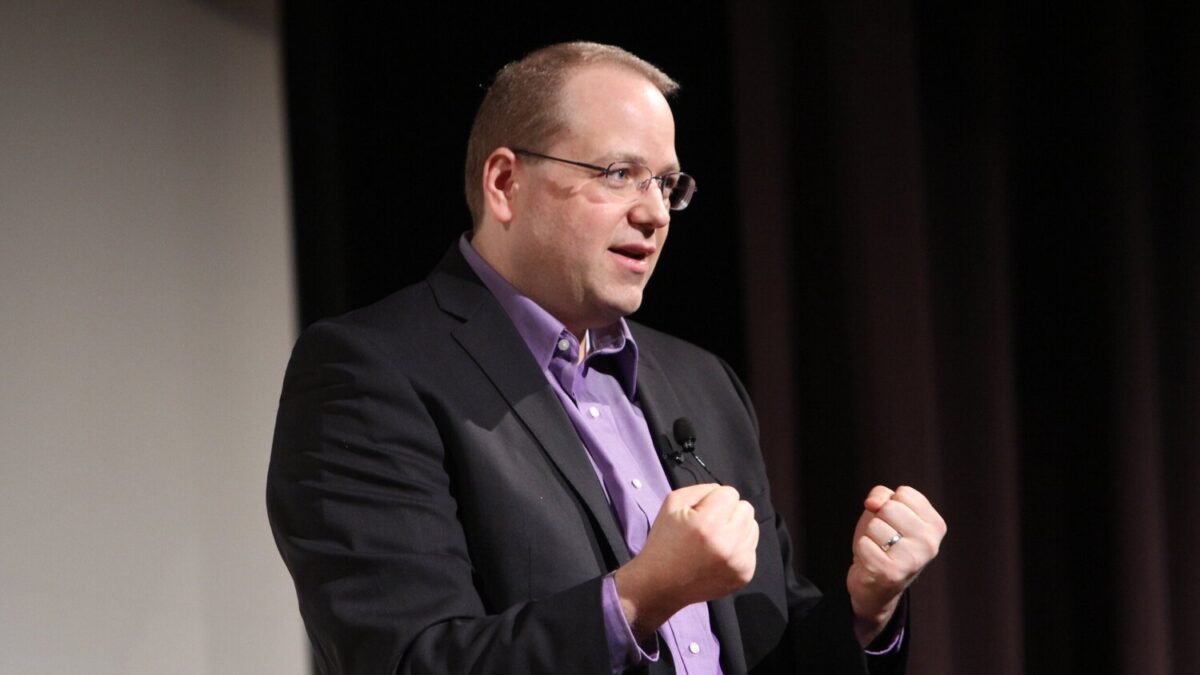
Thomas Linzey on the Nature Rights Movement
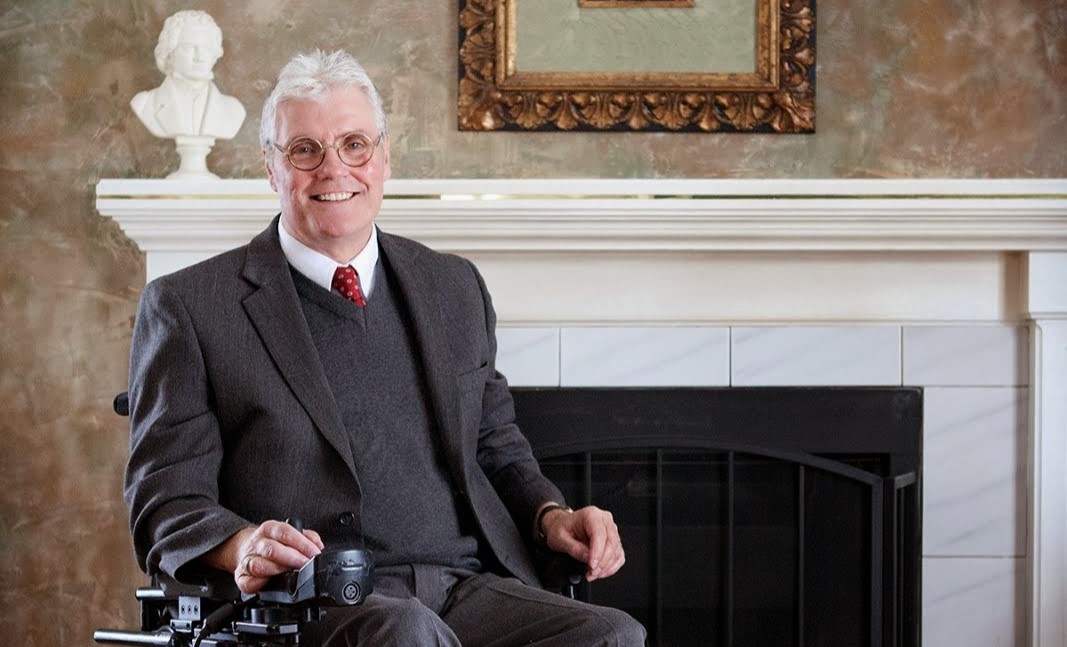
Mark Davis Pickup on Living with Intense Suffering and Experiencing a Miraculous Healing
